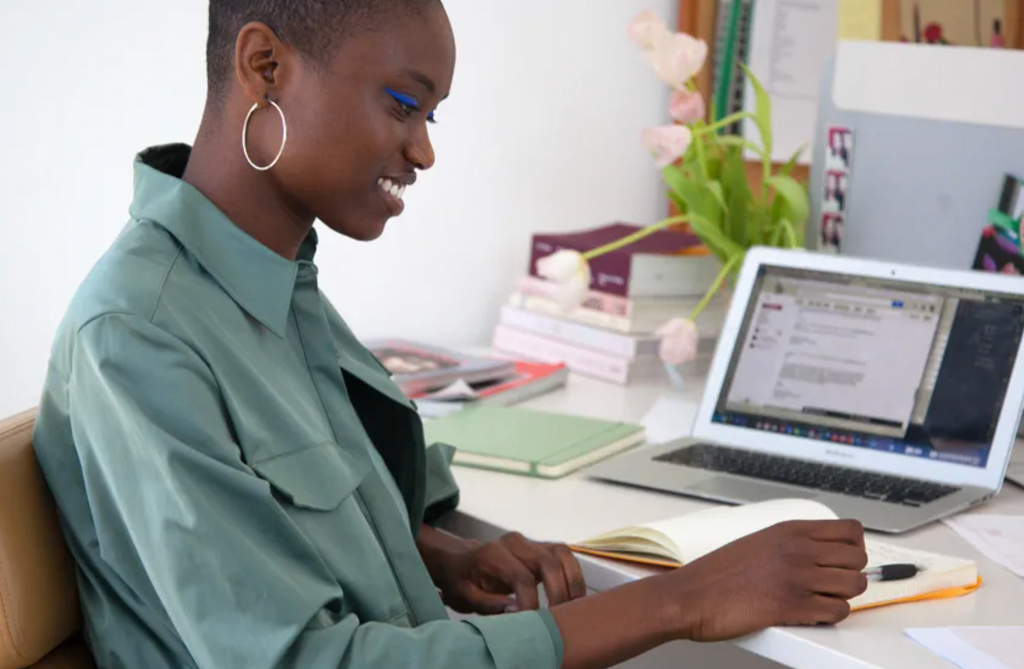As a creative person, I strive to be inspired by all experiences—positive ones, yes, but harrowing situations even more. After reeling and healing, every situation I’ve found myself in becomes one I can reflect on and grow from. Eventually, they may manifest in my work and I’m able to turn them into something meaningful.
But in the wake of the death of my favourite photographer Ren Hang, I’ve found myself dwelling on the impact of negative experiences on creative people, especially those with mental illness. Less than two months ago, at age 29, Ren, like so many artists before him (Van Gogh, Sylvia Plath, and Virginia Woolf, to name a few), deliberately ended his life following a great period of depression.
As a writer with my fair share of personal struggles, I very much relate to linking art with grief. For as long as I can remember, I’ve had a monkey—scratch that, an enormous, evil gorilla—on my back, dragging me down. At 17, I was diagnosed with bipolar II disorder, the kind that’s categorized by long periods of low mood, with rare spikes of elevated mood. I’ve spent a disproportionate amount of time crying in my bed, unable to move or eat. Yet, some of my best work comes from my heaviest burdens.
The notion that art can ease pain is vital. Van Gogh once said, “Art is to console those who are broken by life.” But the problem here lies in the stigma: To believe one’s talent is only based on dark experiences is harmful on both ends; negativity becomes validated by its ability to inspire, and inspiration becomes dependent on feelings of misery. They are deemed inseparable. But is this true?
Individuals who experience depression report feeling unmotivated, unfocused, disconnected, and uninterested in activities they used to enjoy. Yes, emotional turmoil can be a catalyst for artistic depth, but the idea that good art can only stem from extreme states of sadness perpetuates the belief that a creative person is nothing without it.
I, for one, am guilty of having wallowed for way longer than I needed to, just because I was convinced it was poetic. But this stereotype makes people who are suffering feel like there’s no way out. In learning to cope, I have been medicated, seen several psychiatrists and psychologists, and read so many personal development and cognitive psych books my nightstand has become a mini library. Now that I have more better days than not, I’m more certain than ever that the romanticized concept of the tortured artist is bullshit, and more importantly, it’s dangerous.



